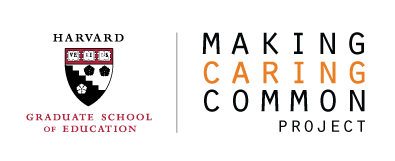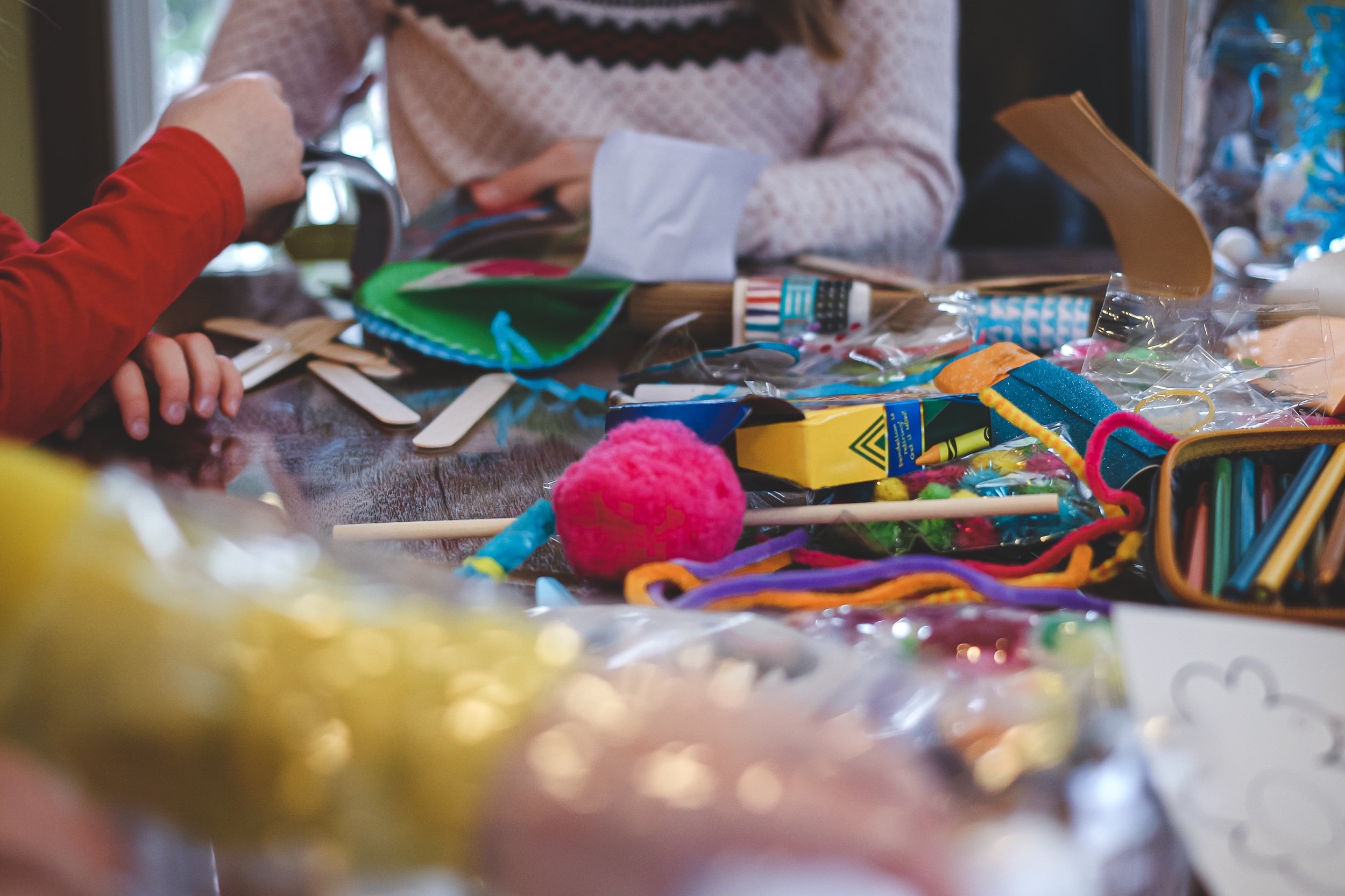Supporting LGBTQIA Youth Resource List
How can educators support LGBTQIA-identifying middle and high school students and create more inclusive school communities? The list below offers a sample of resources and links to websites for teachers and their students.
Making Caring Common (MCC), a project of the Harvard Graduate School of Education, helps educators, parents, and communities raise children who are caring, responsible to their communities, and committed to justice.
Overview
For: Educators
Ages: Middle School and High School
Resource Type: Resource List
Related Research + Initiatives
Resources
GLSEN’s “Back-To-School-Guide for Creating LGBT Inclusive Environments” includes steps you can take right now to make your classroom or school a more inclusive and safer space for LGBT students. Includes links to GLSEN’s Safe Space Kit (6-12), Ready Set Respect (K-5), LGBT inclusive decorative materials for the classroom, the Gay Straight Alliance Network, and more.
GLSEN’s “Working With LGBT Students of Color” discusses considerations for educators working with LGBT students of color and provides practical tips and strategies for supporting students.
Girl’s Best Friend & Advocates for Youth’s “Toolkit for Creating Safe Space for GLBTQ Youth” enables staff of mainstream youth-serving organizations to create a safe and welcoming environment for GLBTQ youth by directly addressing homophobia and transphobia among staff and youth. Includes background information on sexual orientation and homophobia, tips on making a safe space and dealing with harassment, lesson plans to encourage empathy and inclusiveness, an extensive resource guide, and glossary of terms.
Teaching Tolerance’s “Best Practices: Creating an LGBT-Inclusive School” were compiled to give school leaders and educators the knowledge they need to create a climate in which all students feel safe and valued. Includes tips on how to get started for each practice and additional resources.
GroundSpark’s “Respect for All Project” provides media resources (primarily videos) and accompanying curriculum guides and resources to support the development of bias-free schools and communities. Resources are designed for K-12 educators and can be purchased on the GroundSpark website.
GLSEN’s ThinkB4YouSpeak Educator’s Guide allows all who work with teens to reflect on the the “ThinkB4YouSpeak” campaign to reduce the use of anti-LGBT language among teens. The guide includes discussion questions for exploring and analyzing tvideo, audio, and print ads followed by six educational activities that increase awareness and knowledge of the issues, develop skills for addressing them, and promote social action.
Advocates for Youth’s “Lesson Plans for Building Allies for GLBTQ Youth” assist young people in understanding the negative impact of homophobia and transphobia on GLBTQ youth and in taking a stand for social justice.
GLSEN’s “Unheard Voices: Stories of LGBT History” includes brief audio interviews with individuals who bore witness to or helped shape LGBT history in some way. Each interview is accompanied by classroom materials that include student handouts. Unheard Voices also has middle and high school lessons that explore broader themes.
With PBS NewsHour’s LGBT Lesson Plans, students will explore the legal battle over legalizing same-sex marriage and the history and process of amending the US Constitution.
The American Library Association provides a listing of LGBTQ-inclusive texts called The Rainbow Book List. It is an annual bibliography of quality books with significant and authentic LGBTQ content recommended for people from birth through eighteen years of age.
Last reviewed October 2018.




